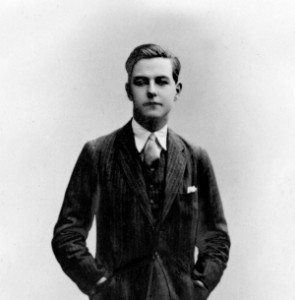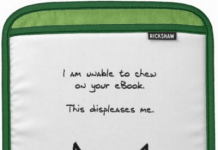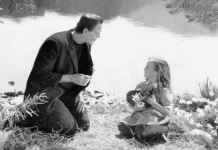 This post arose as an attempt to review Henry Green‘s inimitable 1945 work Loving, rated by some as one of the best novels of the 20th century, and a masterpiece of dialog – and vernacular speech, in the Cockney and other lower-class English tones of its key servant characters. And it led to a celebrated Paris Review interview with Green – one of the few where the novelist spoke publicly about his own work – by Terry Southern, available in full online. And there, Green shows himself a thoughtful and prescient prognosticator of the future development of writing and even social media.
This post arose as an attempt to review Henry Green‘s inimitable 1945 work Loving, rated by some as one of the best novels of the 20th century, and a masterpiece of dialog – and vernacular speech, in the Cockney and other lower-class English tones of its key servant characters. And it led to a celebrated Paris Review interview with Green – one of the few where the novelist spoke publicly about his own work – by Terry Southern, available in full online. And there, Green shows himself a thoughtful and prescient prognosticator of the future development of writing and even social media.
Old Etonian, Oxford-educated, blue-blooded and monied Green was the last writer you might expect to pen the keenest, most sympathetic, most intimate renditions of English working-class life in modern British literature, but he took the experience he gained on his industrialist father’s factory floor and turned it into exquisite art which sets down-to-earth common speech in jeweled prose. And without a hint of condescension or self-consciousness. That said, nowadays the attraction of Loving may lie partly in something that Green likely didn’t intend: an Evelyn Waugh-style evocation of idyllic Irish country house life in an oasis of peace in wartime, even if Green is mercilessly satirical of the setting and the social milieu that fostered it. “The British servants in Eire while England is at war is … meant to be satirically funny,” says Green in the Paris Review interview. “It is a crack at the absurd southern Irish and at the same time a swipe at the British servants, who yet remain human beings. But it is meant to torpedo that woman and her daughter-in-law, the employers.”
Talking to Terry Southern, Green also gave his prediction of the future of his craft, and the impact of other media:
It’s impossible for a novelist not to look out for other media nowadays. It isn’t that everything has been done in fiction—truly nothing has been done as yet, save Fielding, and he only started it all. It is simply that the novelist is a communicator and must therefore be interested in any form of communication. You don’t dictate to a girl now, you use a recording apparatus; no one faints anymore, they have blackouts; in Geneva you don’t kill someone by cutting his throat, you blow a poisoned dart through a tube and zing, you’ve got him. Media change. We don’t have to paint chapels like Cocteau, but at the same time we must all be ever on the lookout for the new ways.
To get an idea of the results, the best ebook introduction to Henry Green right now is the 2009 Vintage Classics three-novel compilation Loving, Living, Party Going: WITH Loving AND Party Going, with an introduction by novelist Sebastian Faulks. “This writer is unique,” says Faulks in his introduction – also available online. “No fiction has ever thrilled me in the same way as the great moments in Living and Loving; I have been moved by Tolstoy, Lawrence, Proust and others, perhaps more so, but not in the same way.”
Just bear in mind that at least one Amazon reviewer says of Loving: “I tried to read this book because it was on the Modern Library top 100 books written in the 20th century and I couldn’t even finish it. It had no plot and even had many spelling and grammatical errors.” Why not try it and see if you agree?
Or you may not, because of what else Green predicted – the demise of the book. “We don’t write letters now, we telephone. And one of these days we are going to have TV sets which lonely people can talk to and get answers back. Then no one will read anymore.” There’s the advent of online chat, Facebook, and Skype, all in one.

































